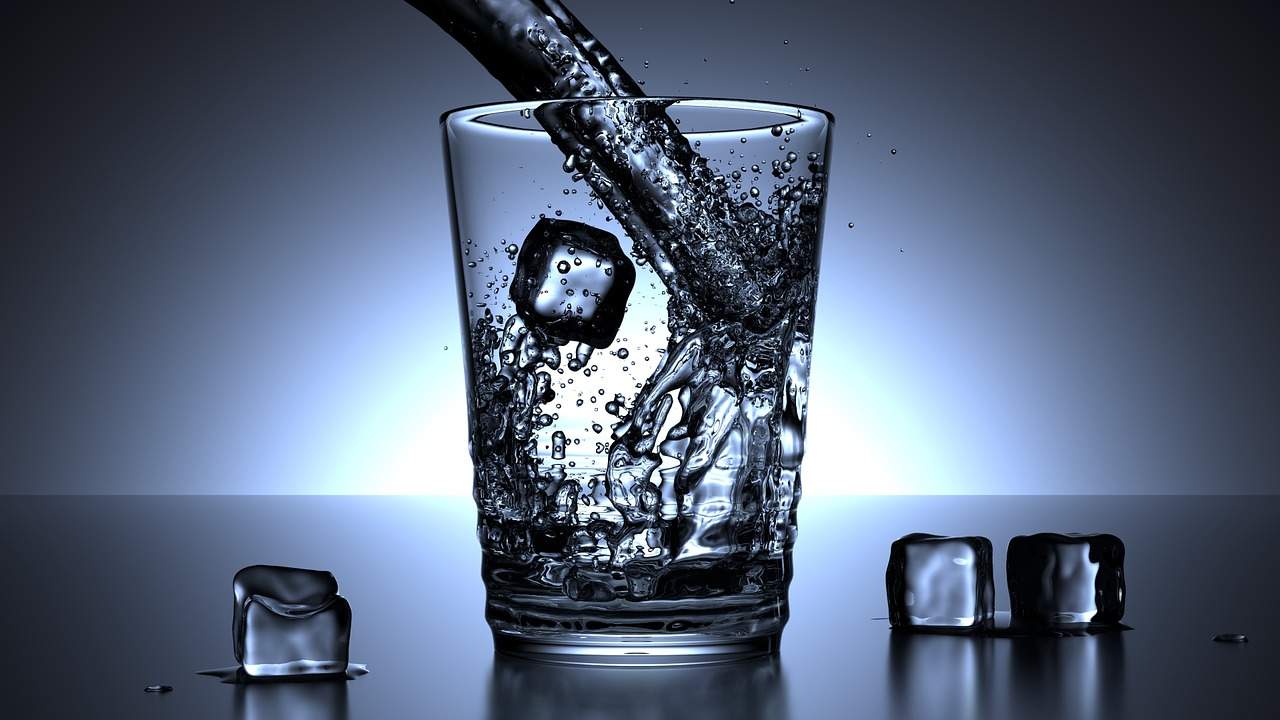
In light of the recent lead scare in Flint, MI, people all over the country became concerned about the quality of their drinking water. If an oversight of this magnitude happened to a municipal water supply, what could be lurking in your well water that is not monitored by the EPA or any local agencies? At R & G Water Systems, we’ve been getting numerous calls from Maryland residents looking for water testing services. In most cases, homeowners with private wells have no reason to be alarmed about lead. However, there are situations when lead in water is indeed an issue. Allow us to clear up any confusion you may have about lead, and help you better assess your water quality needs.
What is Lead?
Lead is a naturally occurring chemical element, a metal, that has been around from ancient times. In its different states, lead can be found virtually everywhere: in soil, water, and even air. As a metal, lead possesses some great qualities, such as corrosion resistance, high density, and the fact that’s it’s very easy to work with. Before its negative effects on human body were discovered, lead was widely used for making pipes, cooking pots, lead-based paint, ceramics, solder, leaded gasoline, etc.
Why is Lead Bad?
Ancient Greeks and Romans particularly made great use of lead, and they were some of the first to discover its dangers. Elevated levels of lead in a human body can result in such unpleasant symptoms and chronic impairments, as:
- Mood swings and changes in personality
- Reduction in IQ and slow-down of mental development
- Fatigue
- Infertility and other reproductive issues
- Anemia
- Stunted growth in children
Babies and children are the most vulnerable categories when it comes to lead exposure, because lead can reach dangerously high concentration in their bodies due to their small size. Once inside your body, lead can replace many important elements like calcium and iron, taking their place in chemical reactions. This causes your internal systems to go haywire, which often leads to permanent damage. On top of that, lead can remain in your body for years, and we mean decades! It usually starts in the blood, then migrates to your soft tissues, and eventually settles in bones and teeth.
How Lead Gets Into Water
As you can see, lead poisoning is a serious matter and there are no minimal body lead levels that are safe. But how do we get exposed to lead and what can we do to minimize this exposure? One of the most common ways we pick up lead is though water, and here is why:
Lead Pipes and Solder
Many old buildings and municipal water supply systems built before 1986 still use lead pipes and solder. They are generally considered safe and don’t transfer lead into water. However, and that’s what happened in Flint, if the water is corrosive in nature, it will corrode the pipes from the inside and lead will leech into water supply. Such water should be treated with an anti-corrosive agent, but Flint officials ignored this federal regulation.
Environment
As we pointed out, lead is naturally occurring, so it could be present in the soil around your aquifer. Mining and refining activities tend to disturb lead, so lead levels in soil may be higher around mining sites. Lead can also be released into the air from industrial use. Eventually, it ends up on the ground and may further move into the ground water. Although transfer of lead from the ground is usually minimal, it can add up to your total lead exposure from sources other than water.
How to Know if There is Lead in Your Water
Lead has no taste, smell or color, so you will never know it’s there just by looking at your glass of water. To know for sure, you need to have your well water tested for lead in a laboratory, and R & G Water Systems will be happy to help you with that. The best time to collect a water sample for lead is in the morning after the water had time to sit in your pipes and absorb all the lead it could.
If you are concerned about lead in your drinking water, or about your well water quality in general, give us a call! We can help you find out for sure if anything is wrong with your water, as well as help you find the best solution to improve your water quality.
